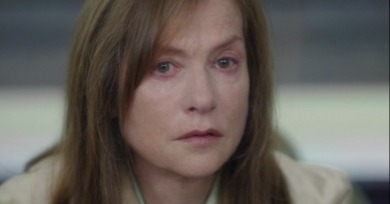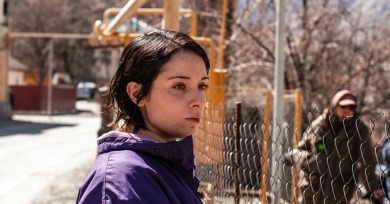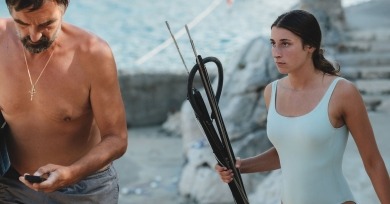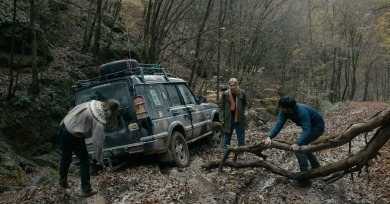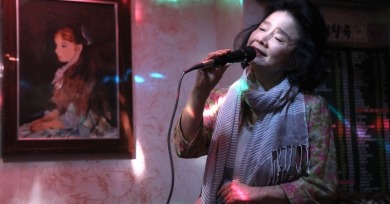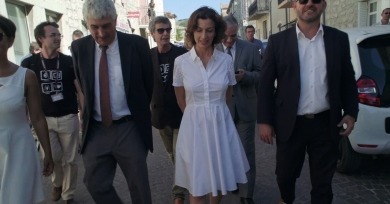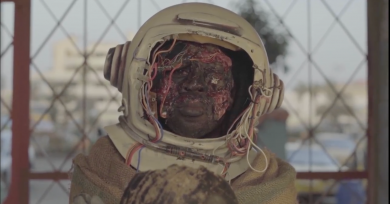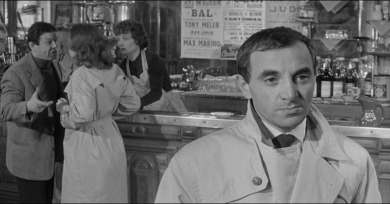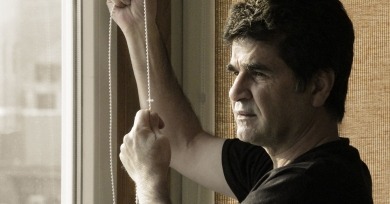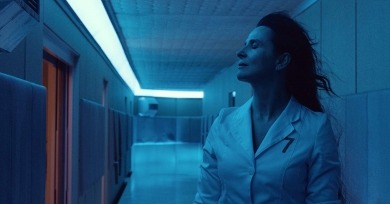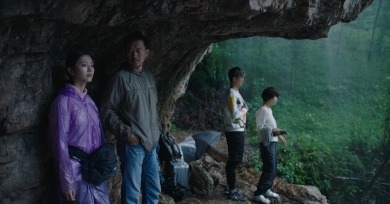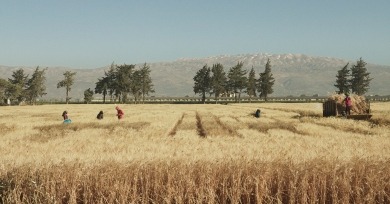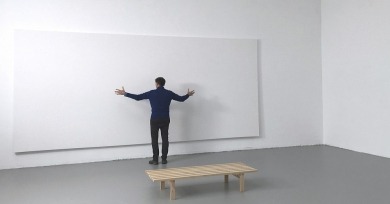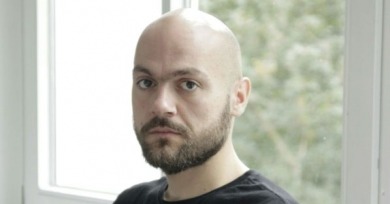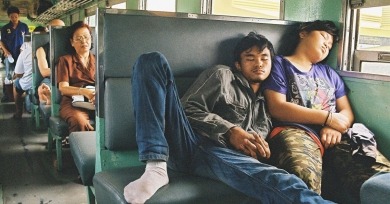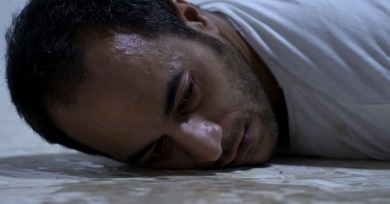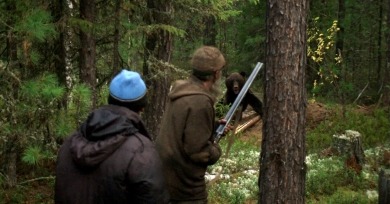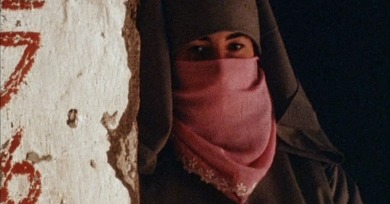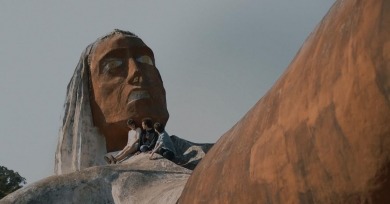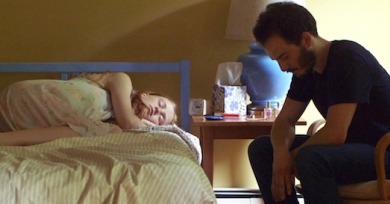Ela Bittencourt
Maud is not a sum total of her symptoms; neither am I. Similarly to how I experience chronic illness and a continuum of recovery, Breillat’s figure is neither reducible to her particular lapses nor to her slippery breakthroughs, those moments when she appears on the verge of self-knowing.
Alexander Sokurov is renowned for his oblique directorial style, with mesmerizing, painterly effects, so it is surprising that he is proving to have had such influence on the new school of Russian realism.
The film frames masculinity as endless, at times excruciating showmanship . . . The director articulates poignantly the heartbreak of familial love crudely bound up in the performance of power.
Muntean depicts well-meaning urban folk who aim to help the country’s rural areas but end up needing rescuing themselves. Muntean’s story is then a social parable disguised as an adventure movie, with undertones of folkish horror.
Nothing is random in Poetry, and it seems meaningful that the Renoir painting is a poster—a sign of humility. A poster is only a copy, a stand-in. It is and yet it isn’t Art—very much like Mi-ja’s burgeoning poetic sensibility.
The film follows the creation of the Documentary Village, a festival and a post-production hub in the village of Lussas, in southern France.
The curators ask in the program notes, Can remembrance fix a broken world? At the core of this inquiry into the world, and the status of the human within its historical, sociopolitical, technological, and ecological parameters, lies the emphasis on feeling.
This week’s pair of writers semi-escape from their respective realities in São Paulo and New York by entering worlds of noir-ish fatalism and ironic hope with Kaurismäki and Truffaut.
More than an exercise in how to evade censorship, This Is Not a Film is also a film essay, of sorts. It interrogates the essence of cinema, and poignantly shows how a film experience transcends its purely technical means.
Denis is hardly ever literal, but she does present a sobering vision of maternity as a prison, as “being caught,” subjugated. In this sense, Dibs wielding her power—what she calls her “total devotion to reproduction”—is also a slavish act of treason. She is a victim, and yet she becomes a tool and perpetrator.
The Pluto Moment by Zhang Ming is a delightful, quietly subversive film that, under the veil of a personal story, smuggles in details about the current cultural moment in China.
As she relates the basic historical facts behind the international seed preservation project, the camera leads us through verdant Syrian fields, capturing the beauty of stalks swept by the wind. Again and again, Manna will mix sensuous imagery with more prosaic words.
What of art then? Is its thrill ever about aesthetics alone? This question is just one of many raised by Barbara Visser’s smart, approachable, and entertaining documentary The End of Fear.
"It was about creating this open space and stretching it as far as possible, moving step by step, adding new elements one by one. At one point, it became inevitable that the making of the film itself should come into view."
It’s an expansive visual travel journal—Chidgasornpongse rode all of Thailand’s train lines over the course of six years—though on screen it seems as though it’s all happening in a single day (represented in 102 minutes of footage).
Ghost Hunting, which won a special prize at the 2017 Berlinale for Palestinian filmmaker Raed Andoni, is a relatively cool and sober restaging of interrogations and tortures suffered by prisoners in the Israeli interrogation center Moskobiya.
While the selection includes both fiction and nonfiction films, the slant toward documentaries is pronounced: this year, out of the 15 films presented in the international competition, the vast majority were documentaries or fiction/nonfiction hybrids.
This new program of international avant-garde film and video, she curated for the Museum of the Moving Image, celebrates older works (most of them forgotten) while placing a strong emphasis on the new.
The casual, festive atmosphere of the FicValdivia Festival, located at the small university town on the banks of Valdivia River in Chile is fueled by its largely young programmers and audience.
His latest film and fourth feature, Uncertain Terms, is perhaps Silver’s most mature depiction of imperfect love to date. As the title suggests, it focuses on relationships whose terms are in constant flux, setting its characters off on identity quests.
